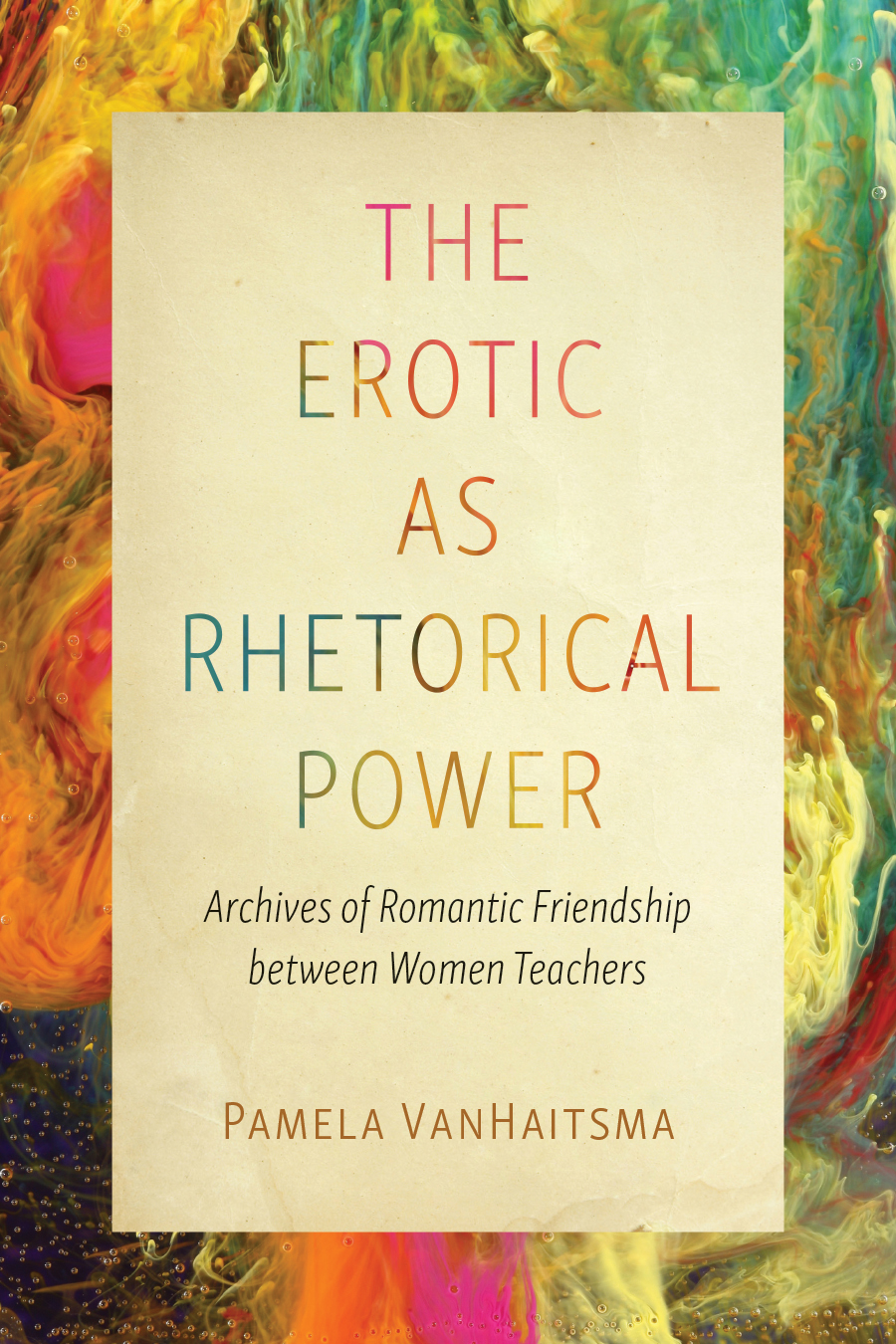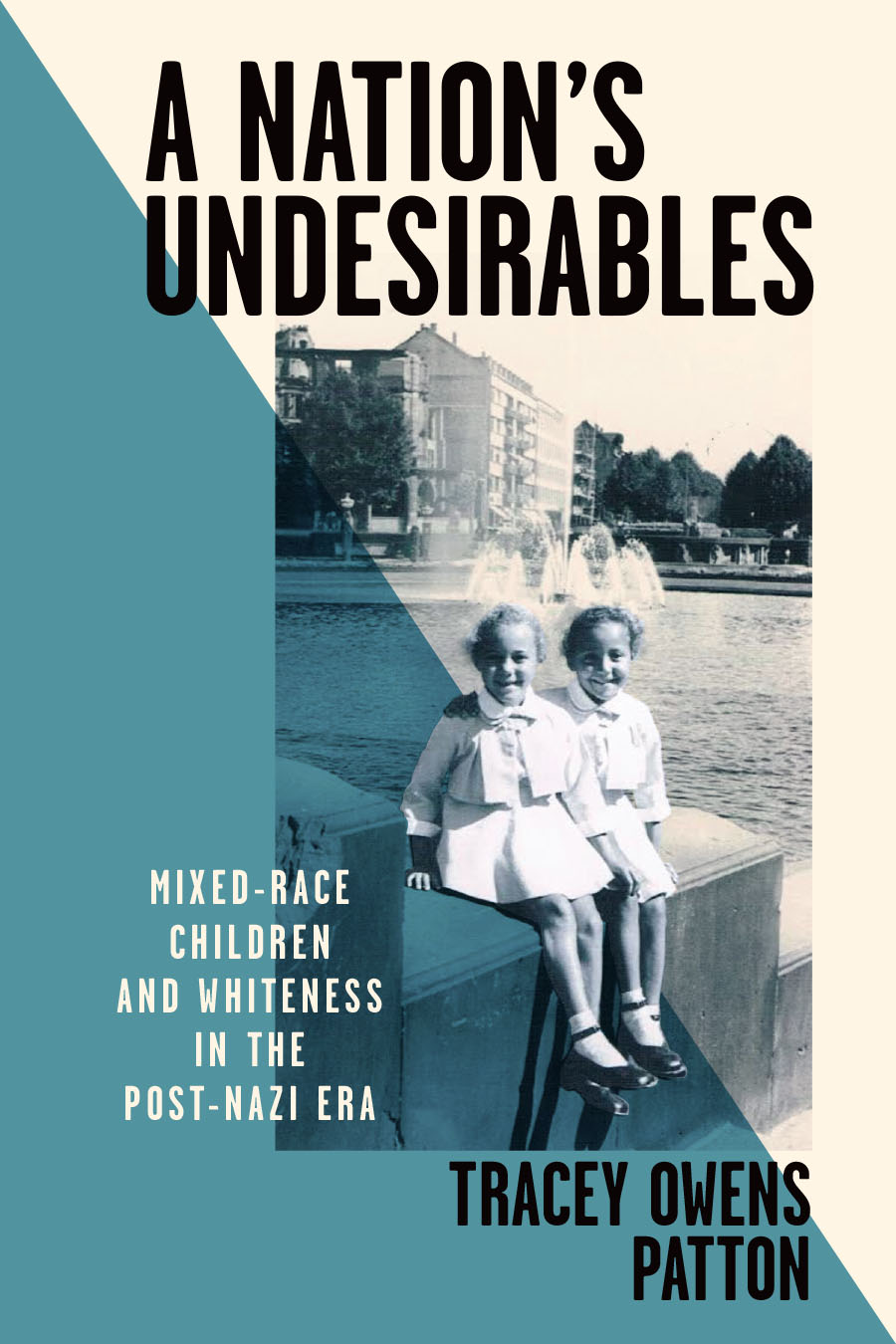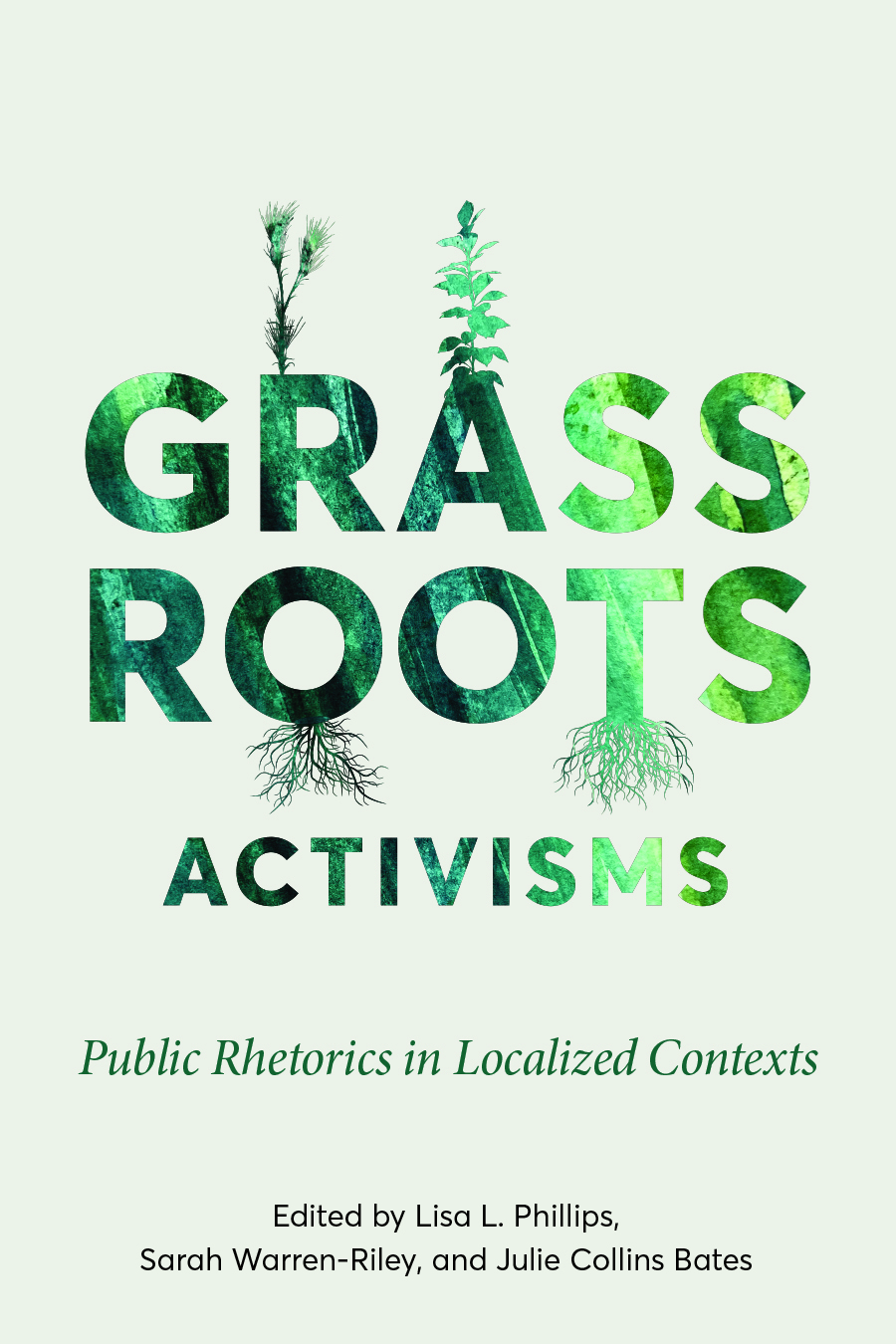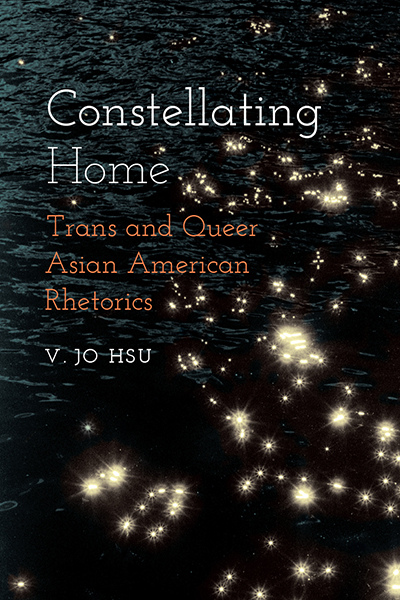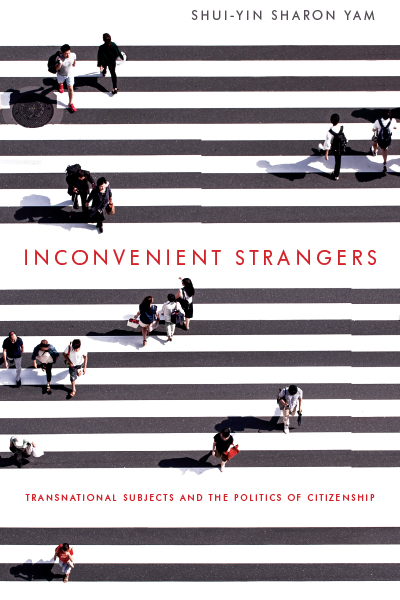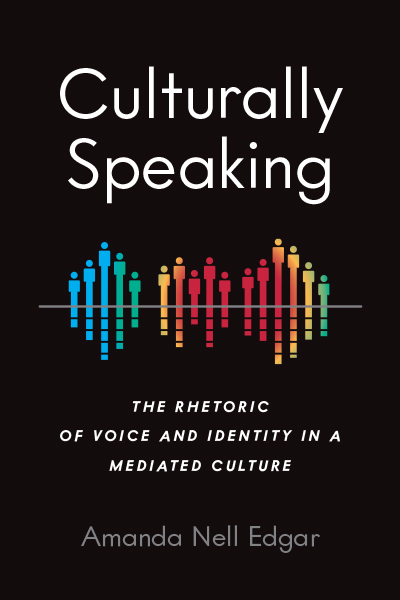2025 Intersectional Rhetorics Retreat
Introducing the 2025 Fellows
Congratulations to Logan Gomez, Ashley Hall, and Nisha Shanmugaraj! Their manuscripts were selected to be workshopped with series editor Karma Chavez and Ohio State University Press acquisitions editor Tara Cyphers at the inaugural Intersectional Rhetorics Writing Retreat. Their projects will eventually be published in the series. Read more about them and their projects below.

The project: Black Women, Ratchet Feminism, and the Rhetorical Power of Refusal in US Public Culture brings together Black critical philosophy and rhetorical studies to explore the role of ratchet in Black women's public culture. Black women’s ratchetness, as a strategy, affords them time and space to reimagine and reinvent themselves as agents whose power lies in a refusal to approximate passivity (i.e. civility). Ashley R. Hall argues that Black women’s use of ratchet as a self-making strategy creates space to imagine futures de-linked from the symbolic violence of respectability. The objectives for this project are two-fold. First, this project offers a study of refusal as a rhetorical strategy Black women use to reimagine themselves as agents. Second, this project studies ratchetness as a rhetorical practice enacted by Black women across different public arenas to participate in US civic life and popular culture.
Ashley R. Hall’s research examines the complex relationship between rhetoric, Blackness, and agentive power as it relates explicitly to Black women’s communicative lived experiences. She is a rhetorical scholar by training with interdisciplinary specializations in Black American radical traditions, race/gender/sexuality studies, and critical media studies. She is Assistant Professor in the Department of Communications at the University of Iowa.

The project: Beyond Erasure: The Countertemporalities of Black Feminist Rhetorical Imagination investigates the relationship between “erasure” and “imagination” as rhetorical phenomena within the context of black feminist activism, organizing, and intellectualism. Gomez argues that erasure and imagination are rhetorical practices that suture temporalities within and against the logics of antiblackness, and specifically misogynoir, expanding on how contemporary discourses produce “temporal containment” through rhetorics of erasure, as well as how practices of black feminist rhetorical imagination, such as preservation and counterstorytelling, refuse such negation. Beyond Erasure curates a rhetorical history alongside the ongoing presence of black feminist activism to demonstrate how rhetorical practices of black feminist imagination refuse dominant discursive infrastructures of erasure while forging new and present futures.
Logan Rae Gomez is Assistant Professor of Communication and Race at the University of Utah. Their research and teaching interests lie in rhetoric, critical/cultural studies, black feminism, and gender and queer studies. Their current work explores temporalities of racialized violence which compels them to consider rhetorical questions about erasure, preservation, and possibility.

The project: Un/Conditioned: Indian American Women and the Politics of Unlearning Racism explores internalized racism through a rhetorical lens. The manuscript demonstrates how second-generation Indian American women commonly articulate narratives of internalizing racism and then later “unlearning” such self-negating socialization. Analyzing interviews with Indian American women, Shanmugaraj theorizes racial rhetorical un/conditioning as a significant mode of minority rhetoric, a vernacular schema of making sense of one’s lived experience within the white predominant spaces that constitute elite public life in the contemporary United States. This study reveals not only how socialization around white and Brown gendered supremacy functions as a persuasive project, but also how dissuasion from mainstream narratives can operate on, in, and through Brown women’s bodies.
Nisha Shanmugaraj is Assistant Professor of Writing and Rhetoric at the University of Colorado, Boulder. Her current research, situated at the intersection of feminist rhetorics, cultural rhetorics, and Asian American rhetorics, uses textual and qualitative methods to understand the socialization and self-making of Indian American women, revealing the complexity of living as a diasporic subject in the twenty-first century.
Meet the Retreat Hosts

Tara Cyphers, Managing Editor and Assistant Director, The Ohio State University Press
cyphers.3@osu.edu
Tara Cyphers (she/her) acquires in rhetoric and communication studies, including for the New Directions in Rhetoric and Materiality and Intersectional Rhetorics series. She is especially interested in projects that make important connections to pressing social, cultural, and political issues. Retreat applications should be emailed to Tara at the address above.

Karma R. Chávez, Series Editor, Intersectional Rhetorics
About Intersectional Rhetorics:
Intersectional Rhetorics takes as its starting point the position that intersectionality offers important insights to the field of rhetoric—including that to enhance what we understand as rhetorical practice, we must diversify the types of rhetors, arguments, frameworks, and forms under analysis. It calls us to account for context by attending to power, identity, difference, and marginalization in addition to rhetoric’s traditional concerns with situation: exigence, rhetor biography, and situational constraints.
In order to advance rhetoric by diversifying its scholars and its scholarship, Intersectional Rhetorics will emphasize work that addresses the rhetorical practices of marginalized and nonnormative people; publish volumes that are explicitly intersectional, both in addressing multiple modalities of power and in working across multiple fields/disciplines; and seek out authors whose perspectives and standpoints differ from the majority of rhetoric scholars.
The series seeks to create an outlet for cutting-edge rhetorical scholarship and a visible, exciting new venue for up-and-coming, as well as established, scholars in the field. As such, books published in the series must meet the following parameters:
- draw on intersectional scholarship, including that which utilizes rhetorical methods (broadly construed),
- use at least two analytical lenses or attend to at least two intersecting/interlocking modalities of power,
- align with and contribute to one or more academic discipline/field where rhetoric is featured, including but not limited to Communication Studies; Cultural Studies; Writing Studies; Disability Studies; Gender, Women, and Sexuality Studies; Ethnic and Indigenous Studies; Philosophy; Critical Literary and Media Studies; and American Studies.
Thus, the idea of intersection works on two levels for the series—(1) reflecting the series’ privileging of intersectional perspectives and analytical frames while also (2) emphasizing rhetoric’s intersection with related fields, disciplines, and research areas.


